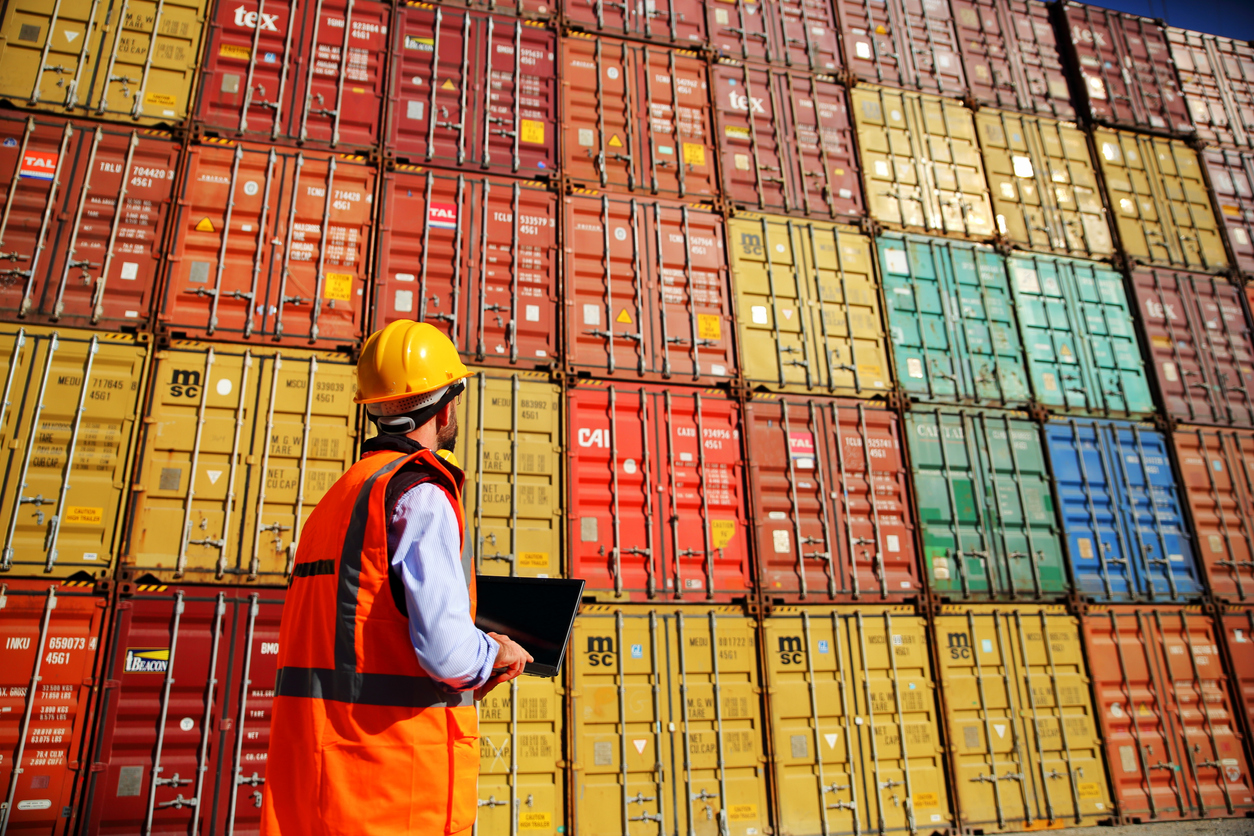
April 24, 2023
This is a result of substantial investments in soft and hard infrastructure, along with technology
In 2018 and 2014, the country’s rank in LPI stood at 44 and 55, respectively
India's infrastructure score has improved significantly, moving up five places from 52nd in 2018 to 47th in 2023
Indian containers also have a very low dwell time of 2.6 days

India has improved its ranking on the World Bank’s LPI 2023 by six spots, now ranking at 38th out of 139 countries. This is a result of substantial investments in soft and hard infrastructure, along with technology.
According to media reports, India has significantly improved its performance on the LPI, having climbed up the ranking from 44th in 2018 to 38th in the 2023 listing. Furthermore, India’s ranking has improved drastically since 2014, when it was placed in the 54th position on the LPI.
The government’s PM Gati Shakti initiative and National Logistics Policy (NLP) have contributed to this achievement by investing in soft and hard infrastructure and technology to reduce logistics costs and boost the economy.
As per a World Bank report, India’s infrastructure score has improved significantly, moving up five places from 52nd in 2018 to 47th in 2023. Additionally, India jumped to the 22nd spot for international shipments in 2023 from 44th in 2018 and has moved up four places to 48th in logistics competence and equality.
In terms of timelines, India has witnessed a remarkable 17-place increase in rankings, while it has climbed up three places in tracking and tracing to secure the 38th position. The report cites the adoption of modernization and digitization as a key reason for emerging economies, such as India, to surpass advanced countries.
Regarding container shipping, the report noted that the implementation of a supply chain visibility platform, under a public-private partnership, has been a crucial aspect of this effort, leading to significant reductions in delays. Additionally, India’s very low dwell time (2.6 days) is an example of an emerging economy with the shortest delays. Reducing the dwell time of vessels leads to decreased operating costs for both the marine terminal and the vessel. The LPI evaluates 139 countries based on the ease of establishing dependable supply chain connections, including factors such as the quality of logistics services, trade and transportation infrastructure, and border controls.
Experts also mentioned that the digitalization of end-to-end supply chains, particularly in developing nations, has reduced port delays by as much as 70% compared to those in developed nations. The demand for sustainable logistics is also increasing, with 75% of exporters seeking eco-friendly alternatives when shipping to high-income nations.
Source: Financial Express